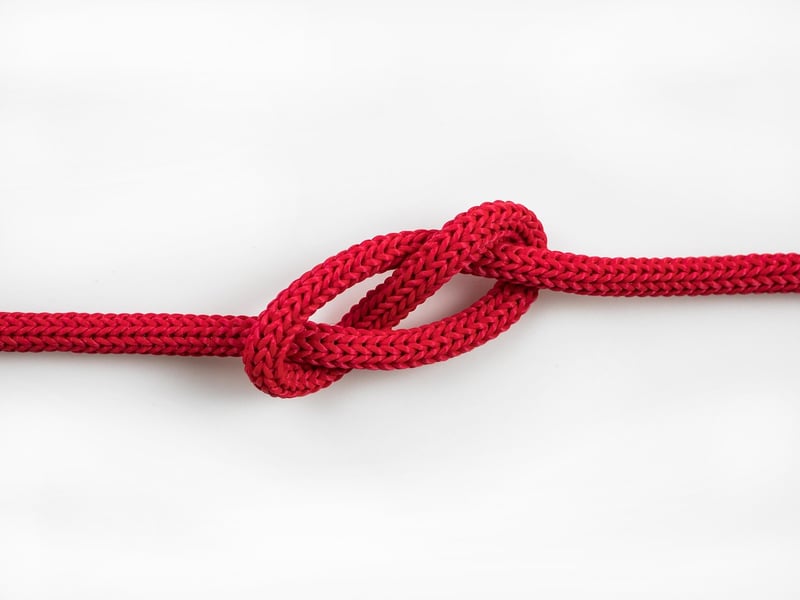Causal Loops
Avoiding Time Disruptions and Causal Loops
Time disruptions and causal loops are fascinating concepts often explored in science fiction and theoretical physics. While they make for great storytelling, in reality, they can lead to paradoxes and logical inconsistencies. Here are some tips on how to avoid these disruptions and loops:
Understanding Time Disruptions
Time disruptions occur when events in the past, present, or future are altered in a way that creates inconsistencies or paradoxes. This can lead to a breakdown in the logical flow of time and causality.
Tips to Avoid Time Disruptions:
- Avoid changing significant events in the past that could have far-reaching consequences.
- Be cautious when interacting with your past or future self to prevent creating paradoxes.
- Consider the ripple effects of any actions you take that could alter the course of history.
Understanding Causal Loops
Causal loops, also known as closed timelike curves, are events in which the cause of an event is also its effect, creating a loop with no clear origin. This can lead to a deterministic view of time and challenges the notion of free will.
Tips to Avoid Causal Loops:
- Avoid creating situations where the cause and effect of an event become circular and self-referential.
- Consider the implications of events that seem to be self-fulfilling or paradoxical.
- Think critically about the consequences of actions that could lead to causal loops.
Conclusion
While time disruptions and causal loops make for intriguing thought experiments, they can create logical inconsistencies and paradoxes. By understanding these concepts and following the tips provided, you can avoid falling into the trap of disrupting the fabric of time and causality.
Remember, time is a complex and mysterious phenomenon that we are only beginning to understand, so approach it with caution and curiosity.

For more information on time travel and theoretical physics, check out Space.com.
